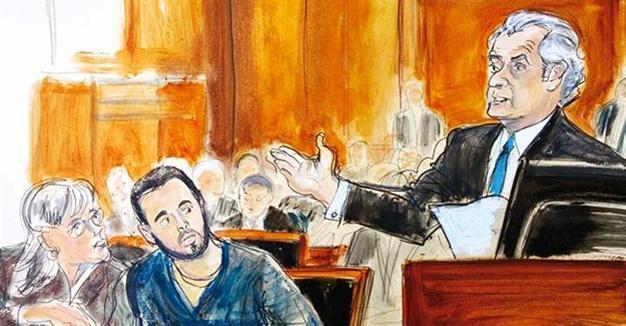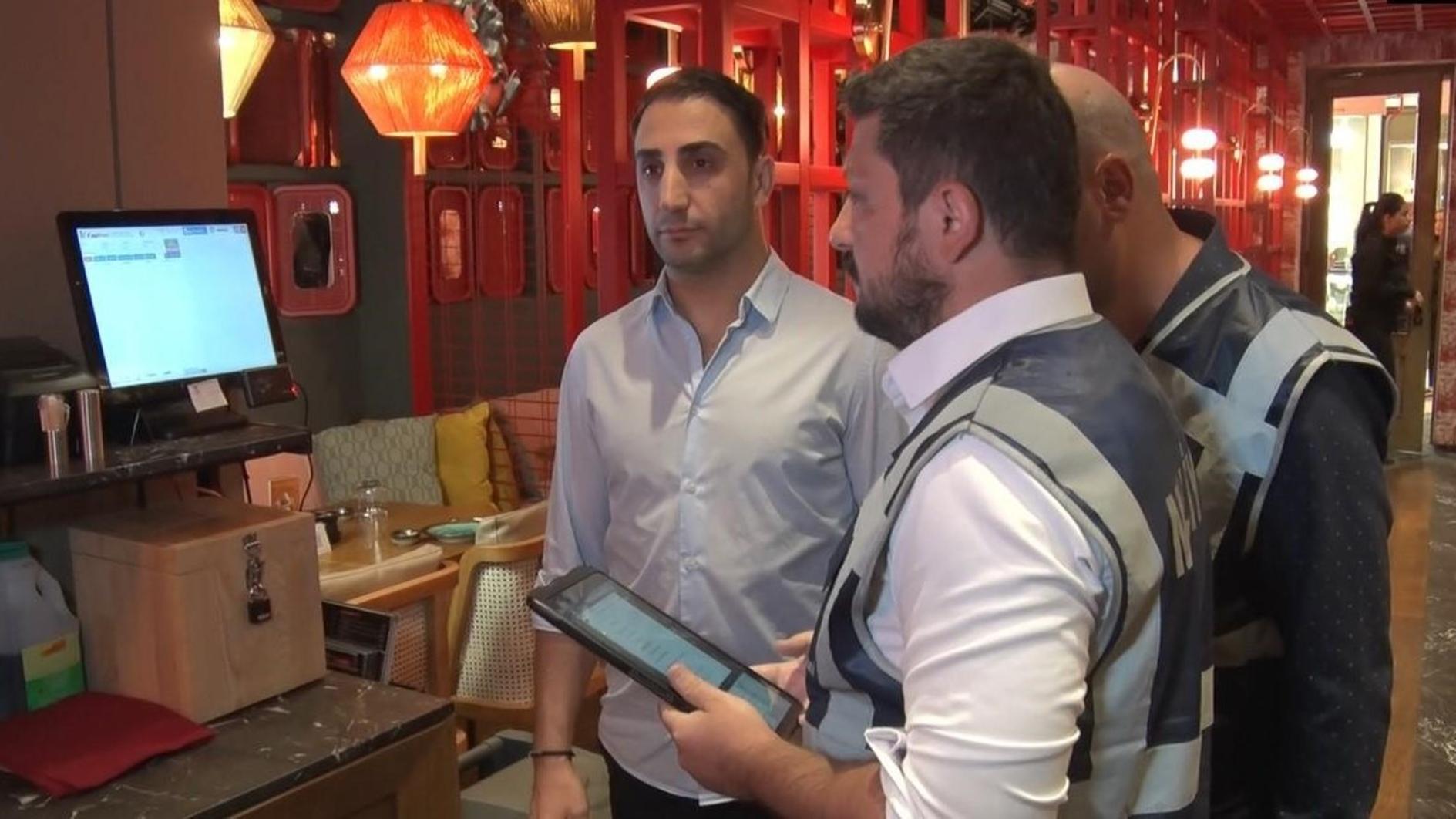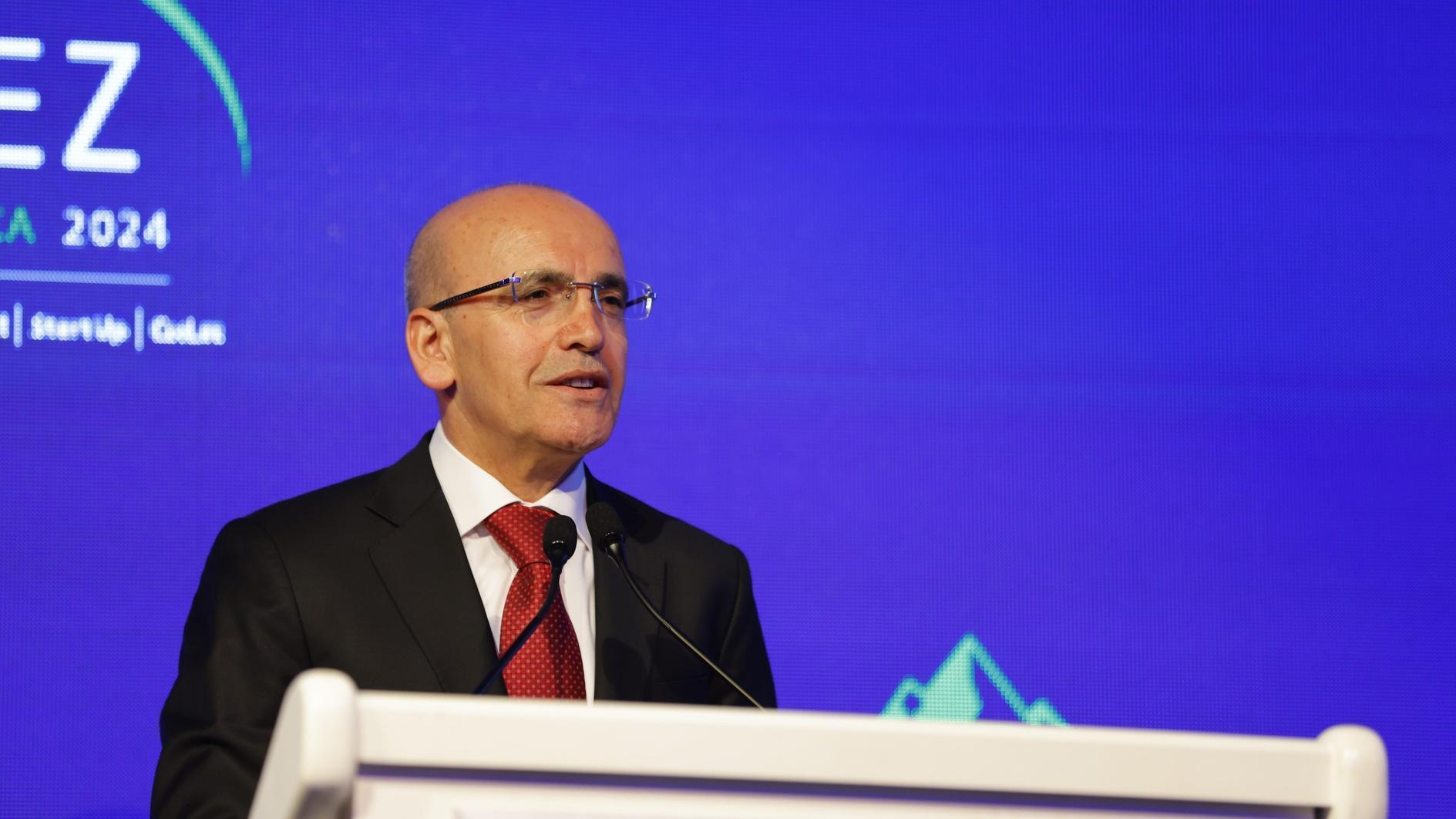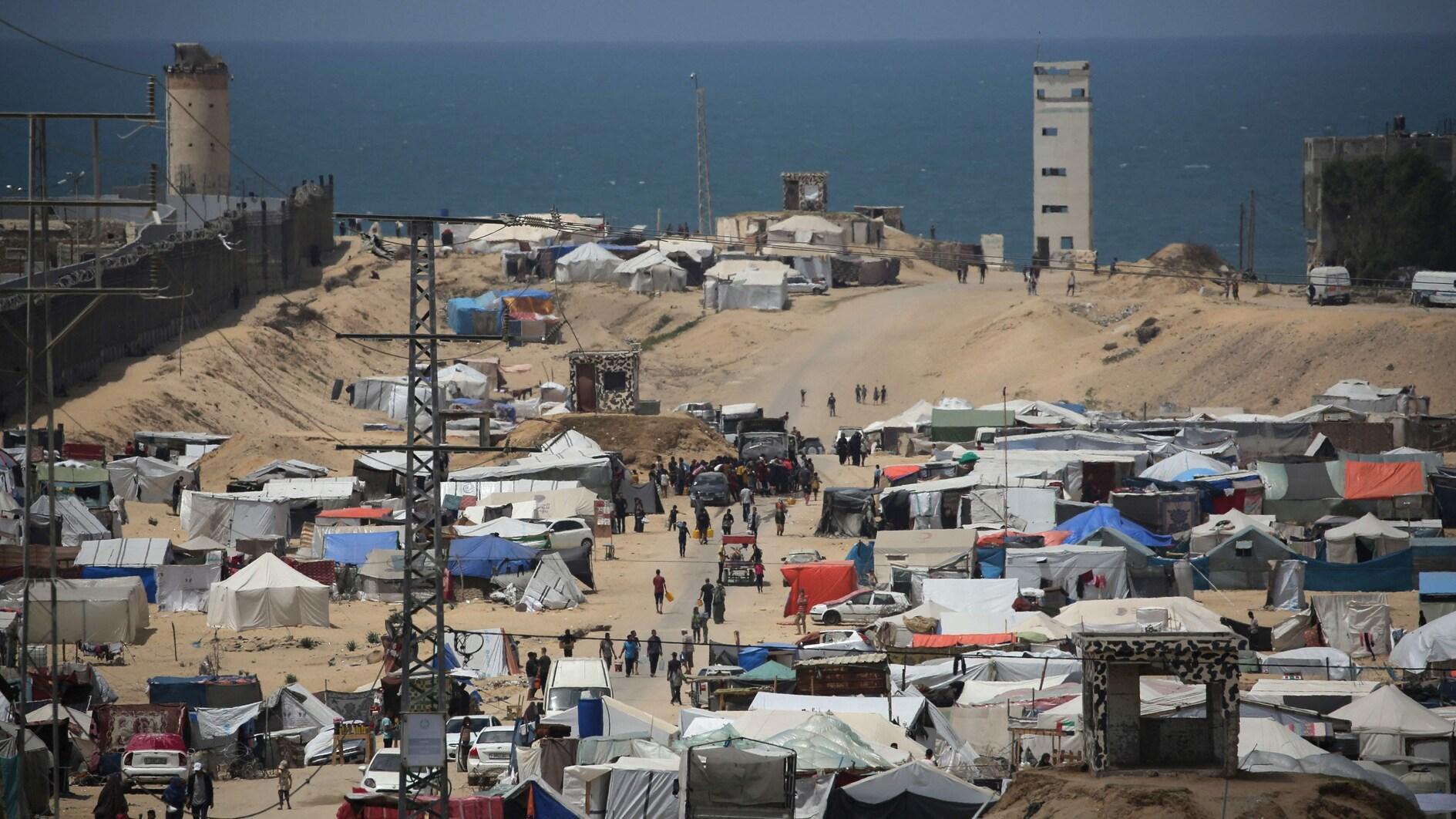Zarrab seeks private jail pending trial
NEW YORK
 The lawyer of Reza Zarrab, an Iranian-born Turkish businessman who was arrested in Miami in March for attempting to evade U.S. sanctions on Iran, urged a U.S. judge on June 2 to release his client from jail on a $50 million bond and to place him under house arrest.
The lawyer of Reza Zarrab, an Iranian-born Turkish businessman who was arrested in Miami in March for attempting to evade U.S. sanctions on Iran, urged a U.S. judge on June 2 to release his client from jail on a $50 million bond and to place him under house arrest. Benjamin Brafman, a lawyer for Zarrab, 32, told a Manhattan federal judge that his client posed no risk of fleeing if he was allowed to reside before trial at a 15-floor apartment under 24-hour watch by armed guards paid for at his personal cost.
“He has every incentive to clear his name,” Brafman said, adding that the 15th-floor Manhattan apartment had already been specially outfitted for home detention. He said a security company installed video cameras and security alarms to protect against an escape.
Brafman said Zarrab was ready to provide $10 million in cash to secure a $50 million bail package and would even sign a document agreeing guards could shoot him if he tried to escape.
Assistant U.S. Attorney Michael Lockard countered that if Zarrab were released he could use his wealth to flee the country, and urged U.S. District Judge Richard Berman to not allow him to hire guards who would become “jailers being paid by the inmate.”
But Brafman noted other well-off defendants have been granted similar house arrest arrangements with private guards, including convicted Ponzi schemer Bernard Madoff, Macau billionaire Ng Lap Seng and New York lawyer Marc Dreier.
While Brafman acknowledged low-income individuals could not afford to seek similar arrangements, that is “not something that is Mr. Zarrab’s fault, nor is it something we’re going to solve today.”
Berman said he would rule in one or two weeks on whether to grant bail to Zarrab, who has been in custody since his arrest in Miami in March on a family trip to Disney World.
Prosecutors said from 2010 to 2015 Zarrab and two others engaged in hundreds of millions of dollars in transactions on behalf of Iran’s government and Iranian entities in a scheme to evade U.S. sanctions.
U.S. Attorney Preet Bharara previously said Zarrab should not receive bail, citing the summary of proceedings of the investigation that was launched on Dec. 17, 2013, in Turkey, which targeted the government’s senior members.
Zarrab was accused of paying massive bribes to senior government figures in a scheme that allegedly involved ministers in Turkey. The December 2013 corruption cases targeted figures close to the government and resulted in lasting enmity between the Justice and Development Party (AKP) government and the movement of Islamic scholar Fethullah Gülen, as prosecutors close to the movement were said to have launched the probe.
Turkish President Recep Tayyip Erdoğan, then prime minister, cast the case as a coup attempt orchestrated by his political enemies. Several prosecutors were removed from the case, police investigators were reassigned and the investigation was dropped.
Prosecutors also said Zarrab’s tremendous resources made him a flight risk, citing his ownership of businesses which generate $11 billion annually, an airplane, several homes and yachts.
















